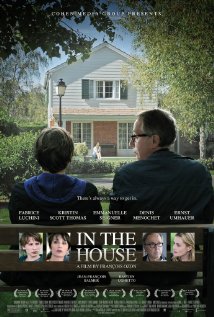 In the House/2012/Mandarin Cinéma, Cohen Media Group/ 105 min.
In the House/2012/Mandarin Cinéma, Cohen Media Group/ 105 min.
“In the House,” a new thriller by François Ozon, made me think of this quotation from Alfred Hitchcock: “I’m a writer and, therefore, automatically a suspicious character.”
In Ozon’s story-within-a-story film, there are two writers – a 16-year-old student named Claude (Ernst Umhauer), precocious and a bit of a pretty boy, and jaded, middle-aged Germain (Fabrice Luchini). With one poorly received novel under his belt, Germain now teaches in a French high school and struggles to endure his students’ mediocre essays.
But his passion for teaching is reignited when he reads some of Claude’s writing –personal, thoughtful and fresh – and certainly far more promising than the work his classmates produce. Germain shares his enthusiasm with his wife Jeanne (Kristin Scott Thomas) when he brings the assignments home at the end of the day and discusses them with her.
Claude has picked a provocative topic: a voyeuristic account of a classmate’s everyday home life, cozy and comfy, unlike Claude’s apparently more deprived situation. By tutoring Rapha (Bastien Ughetto), Claude gains up-close access to the family, observing their seeming contentment as well as sensing the underlying frustrations of Rapha’s sexy and mysterious mom (Emmanuelle Seigner) and his easygoing, jocular dad (Denis Ménochet).
Against his better judgment, Germain encourages and evaluates Claude’s literary efforts, even though he knows it is a risky experiment. Germain lectures him on the process of writing, the purpose of literature. As Claude’s creative muscle builds, the line between reality and fantasy is blurred, and the stakes are gradually, dangerously raised for all the players in this riveting domestic drama.
I am always curious about the work of director-writer François Ozon, perhaps most famous for “Potiche,” “Swimming Pool,” and “8 Women.” He has an easy touch with bold subject matter, a knack for humor (whether deadpan, dark or absurd) and a talent for making well paced, well acted thrillers that reflect his inventive, sometime s cheeky, vision while paying subtle homage to old-school suspense masters like Hitchcock, Henri-Georges Clouzot and Claude Chabrol.
Where Ozon falters slightly with “In the House” is in the movie’s visuals. Perhaps because it’s based on Juan Mayorga’s play, “The Boy in the Last Row,” Ozon’s version feels a bit too theatrical and stagebound. That said, telling the tales are terrific actors (Luchini, Scott Thomas and Seigner in particular). And, driving the suspense, Claude’s true motivation remains intriguingly elusive throughout.
“In the House” opened Friday in New York and LA at the Landmark.





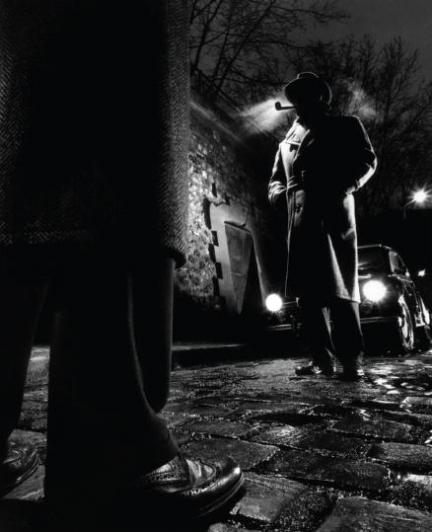
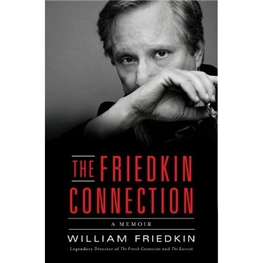
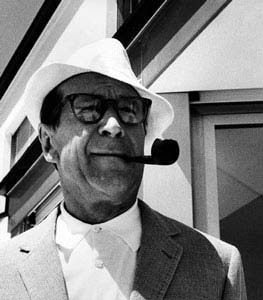
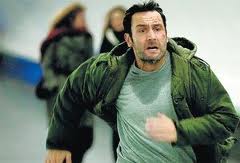
![thebigpicture[1]](http://www.filmnoirblonde.com/wp-content/uploads/2011/04/thebigpicture1-300x225.jpg)
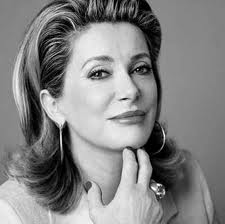





From FNB readers